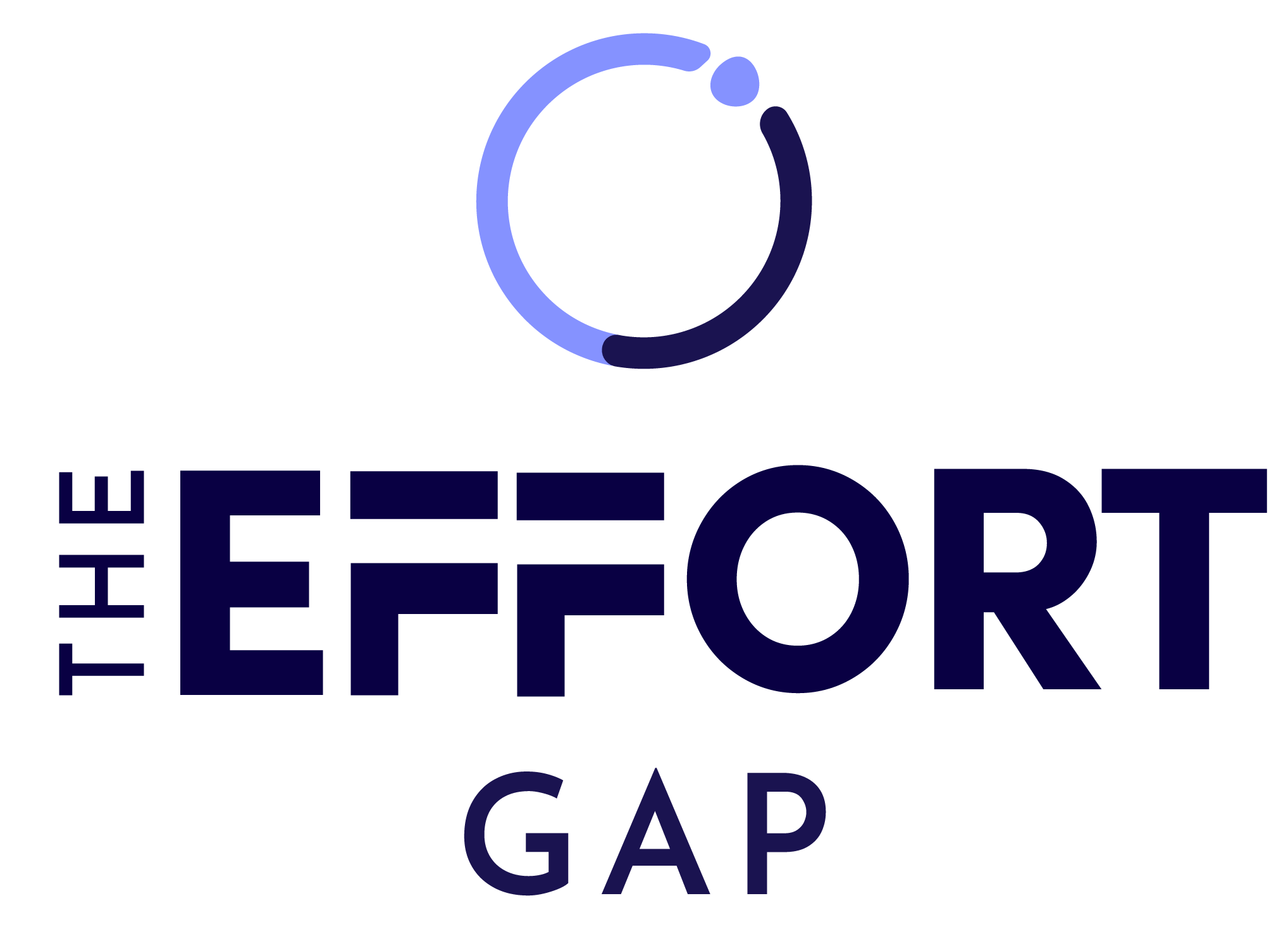If you’ve ever researched “how to improve your life” and ended up drowning in self-help content and feeling even more stuck, you’re not alone. We want to believe that easy answers, shortcuts, “hacks”, or even purchases will somehow unlock the life we want. But real improvement comes from effort—not just consuming advice and information, but taking action.
Have you ever heard the cliche saying: “good things don’t come to those who wait?” It’s bullshit. Good things come to those who put forth effort.
The Myth of Quick Fixes
Buying Stuff Won’t Make You Happier
There’s a reason self-help is a multi-billion dollar industry: it sells the idea that you’re just one purchase away from transformation. But no book, course, or product can do the work for you. The task of the advertising industry is to emotionally bind you to products by appealing to your struggles and insecurities. Whether it’s a a supplement promising boundless energy, or a productivity app that will “fix” your procrastination, the underlying message is the same: Buy this, and you will thrive.
You don’t need more stuff, or even more knowledge—you need to consistently apply what you already know. You need to cultivate self-trust and self-leadership.
The Illusion of Immediate Answers
We yearn for quick solutions, but real personal growth isn’t a pop-up notification—it’s a process. Searching for instant clarity often leads to analysis paralysis, keeping us stuck in consumption mode rather than action mode. If you want to know how to improve your life, stop looking for the perfect answer and start experimenting with effort.
Self-Awareness vs. Self-Absorption
Self-awareness is crucial, but introspection without action is self-absorption. Thinking about, studying, and over-preparing for change is not making change. If reflection isn’t supplemented by action, it’s time to close your effort gap.
The Importance of Community in Personal Development
Overanalyzing how to improve your life with too much emphasis on self-awareness creates isolation, amplifying the very challenges you’re trying to resolve.
The benefits of self-awareness take root in relationships and by contributing to a community. You don’t fully understand yourself by sitting alone with your thoughts—you learn by observing yourself in action. How do you handle interactions, challenges, and contributions to something beyond yourself? Sitting with messy thoughts has it’s time and place, but too often, they’re shaped by negative self-talk, which is designed to make you seek the most comfortable option instead of the one that will make your life better.
Success isn’t about being ready when an opportunity comes—it’s about being connected to the people who create opportunities. It’s about trusting yourself to manage and learn from situations you couldn’t be ready for. Build relationships with those who challenge and support you, because that’s where self-awareness begins to translate into self-leadership.
Values Create the Foundation for How to Improve Your Life
Without clear values, it’s easy to fall into patterns of external validation.
When your sense of worth is dictated by outside factors, you are susceptible to being controlled by forces beyond your genuine desires. This is how you slowly lose autonomy over your life. Defining your values keeps you focused and grounded in yourself in ways that help you contribute meaningfully to others.
Building a Practice of Effort
Cultivating Self-Leadership
Want to know how to improve your life? Start small. Take one uncomfortable action each day. Whether it’s setting a boundary, applying for a job, or having a tough conversation, momentum builds through effort—not over-planning and overthinking. Avoiding effort, no matter how small, is what cultivates lethargy, depression, and apathy.
Develop Comfort with Discomfort
Growth isn’t comfortable. Instead of avoiding difficult emotions or decisions, practice observing and accepting them. Discomfort isn’t a sign that you’re failing—it’s a sign you’re stretching beyond old habits and limitations. It presents the opportunity to practice self-awareness, through the voice of the inner coach, not the inner critic. Your inner coach poses reflection questions like:
-
- What was the underlying motivation behind that behavior?
-
- How did my actions align with my values?
-
- What emotions and physical sensations arose during this experience, and how did I respond to them?
-
- How could I improve the way I handled this?
-
- How does this relate to past experiences?
-
- What is this trying to teach me?
-
- What insights can I gain from the perspectives of others involved in this situation?
Tools to Support Consistent Growth
There’s a common misconception that motivation is a leading factor for how to improve your life. Effort doesn’t require motivation—it’s takes discipline. Journaling, habit tracking, mindfulness practices, and reflection help bridge the gap between where you are and where you want to be. But no tool can replace action. Use them as a guide, not a crutch.
Closing the Effort Gap
There’s no magic formula for success. If you want answers for how to improve your life, you won’t find them in another book, another podcast, or another life hack. You’ll find them in your effort. Stop searching. Start doing. The life you want is built through action.






